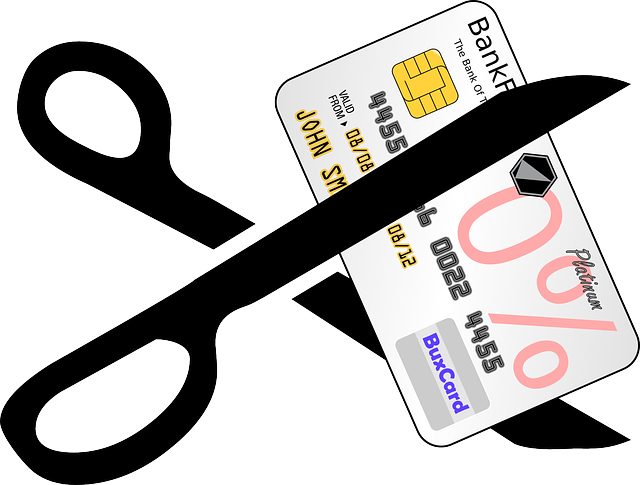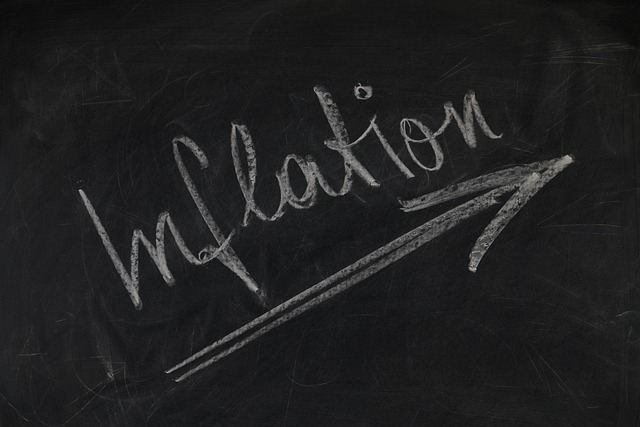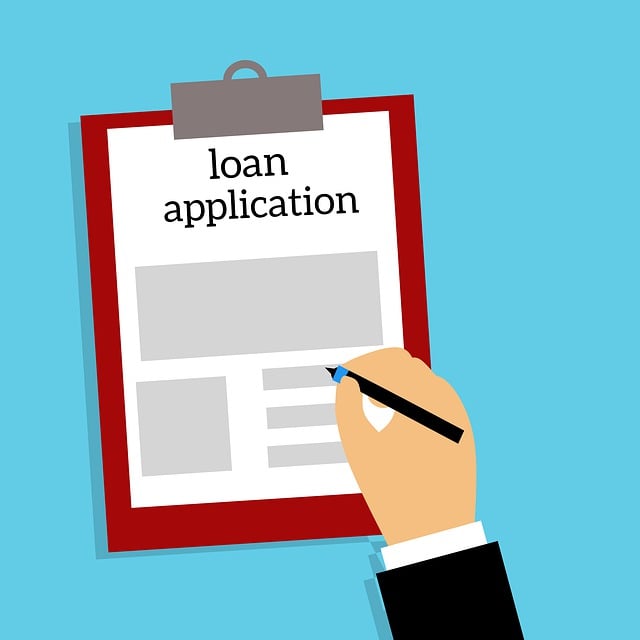Many individuals face a financial crisis due to multiple loans and debts, but loan consolidation options like government-backed programs, debt reduction plans, and emergency debt assistance offer solutions. Combining loans into one with potentially lower interest rates simplifies management and reduces stress. Debt settlement initiatives provide immediate relief but require thorough research. The optimal time to consider these financial crisis solutions is after exhausting other emergency methods, when your financial situation allows.
Struggling with multiple loans and high-interest rates? Discover the power of government loan consolidation options. This comprehensive guide provides a detailed overview of how to navigate financial crises effectively. We explore when and how to consolidate loans, focusing on solutions like debt reduction plans and emergency debt assistance programs. Learn about various debt settlement options tailored for different situations, empowering you to take control of your finances and achieve debt freedom.
- Understanding Government Loan Consolidation Options: A Comprehensive Overview
- Financial Crisis Solutions: When and How to Consolidate Loans
- Exploring Debt Reduction Plans & Emergency Debt Assistance Programs
Understanding Government Loan Consolidation Options: A Comprehensive Overview

Many individuals struggle with managing multiple loans and debts, often leading to a financial crisis. In such scenarios, understanding government loan consolidation options can be a game-changer. Loan consolidation refers to the process of combining multiple loans into a single one, offering potential relief from the burden of numerous payments. This strategy can significantly simplify debt management by reducing the number of bills and potentially lowering interest rates.
Government loan consolidation programs are designed as financial crisis solutions, providing an effective way to manage and reduce debts, especially for borrowers with federal student loans or other eligible loans. These programs often come in various forms, including debt settlement initiatives and specialized loan repayment plans. By exploring these options, individuals can take control of their finances, develop sustainable debt reduction plans, and move towards a more secure financial future, free from the stress of multiple debt obligations.
Financial Crisis Solutions: When and How to Consolidate Loans

Many individuals find themselves in a financial crisis due to overwhelming debts, often from multiple sources like student loans, credit cards, and personal loans. During such challenging times, exploring loan consolidation options can provide much-needed relief. This process involves combining these debts into a single loan with a potentially lower interest rate, making repayment more manageable.
Timing is crucial when considering financial crisis solutions through debt consolidation. It’s often recommended to take this step when you’ve exhausted other emergency debt assistance methods and your financial situation allows for it. Reputable debt settlement programs can guide individuals through this process, ensuring they understand the implications of consolidation on their long-term financial health. Effective debt reduction plans should aim to simplify repayment and reduce the overall cost, ultimately leading to a more stable financial future.
Exploring Debt Reduction Plans & Emergency Debt Assistance Programs

When facing a financial crisis, exploring various loan consolidation options can be a strategic move to simplify repayment and reduce the overall debt burden. Debt reduction plans offer structured approaches to pay off loans over an extended period, making it more manageable for borrowers. These plans often involve negotiating with lenders to lower interest rates or extending the loan term, which can significantly ease the financial strain. Emergency debt assistance programs are designed to provide immediate support during times of crisis, offering solutions like debt settlement and forgiveness initiatives.
Debt settlement programs facilitate negotiations between debtors and creditors to write off a portion of the outstanding debt. This radical approach is suitable for those in extreme circumstances who need swift relief. It’s important to note that these programs may have varying success rates, and thorough research is essential before signing up for any financial assistance initiative. Loan consolidation, when combined with effective debt management strategies, can empower individuals to regain control of their finances during challenging times.







